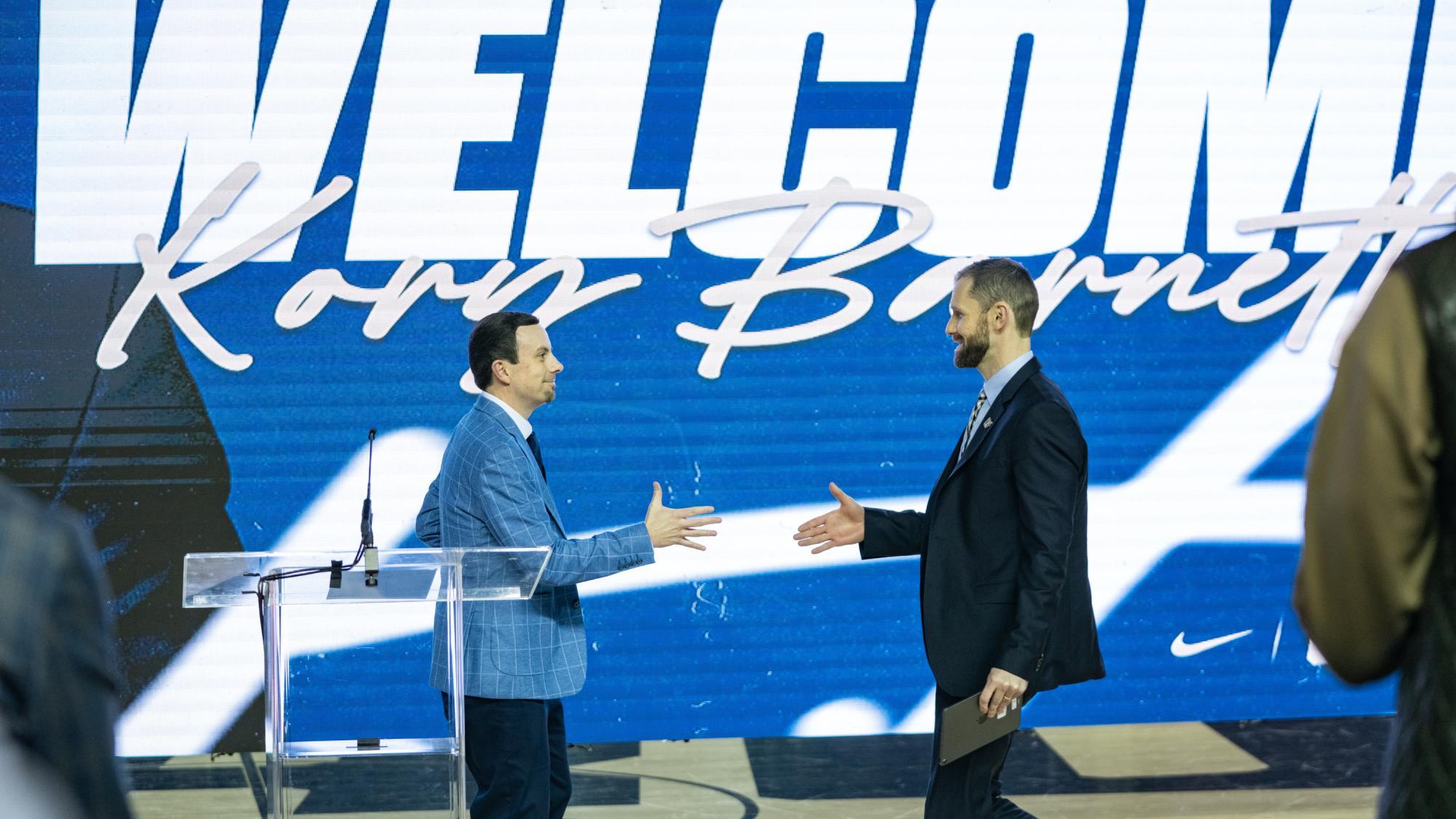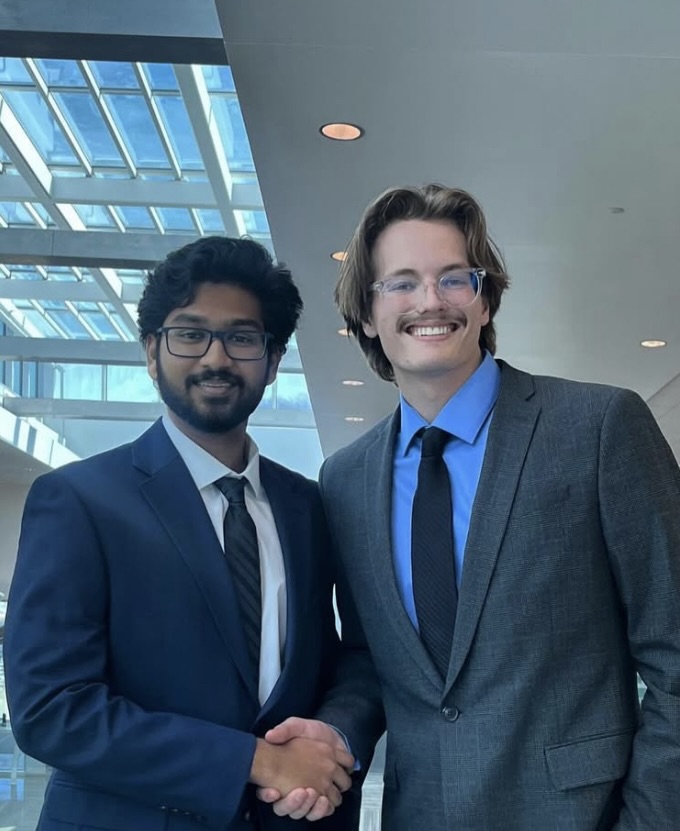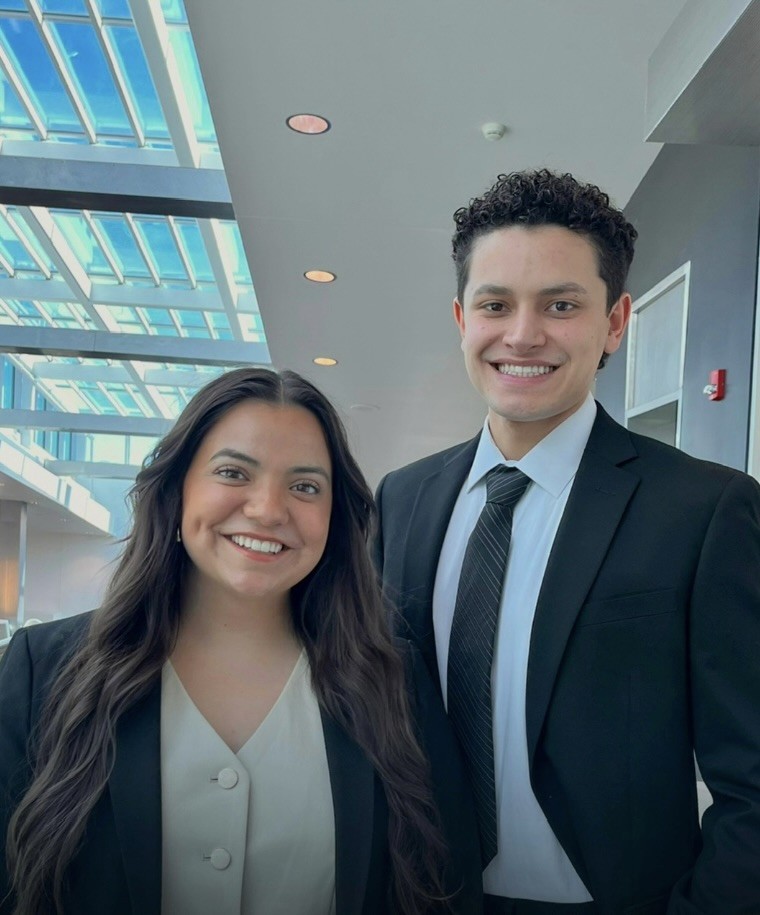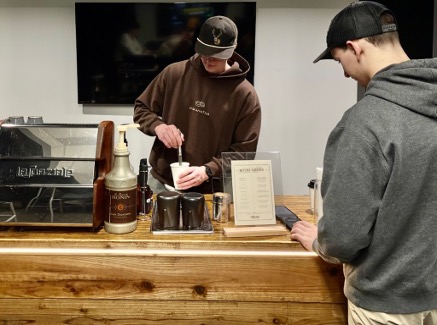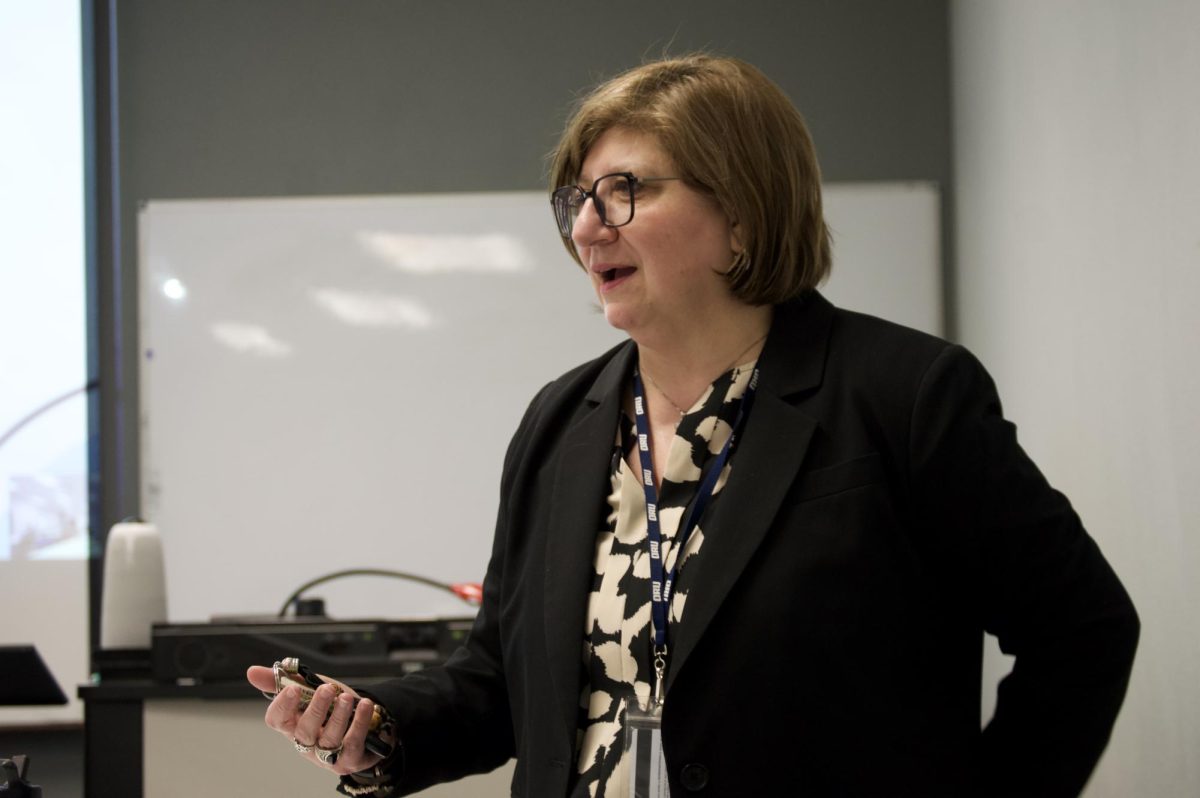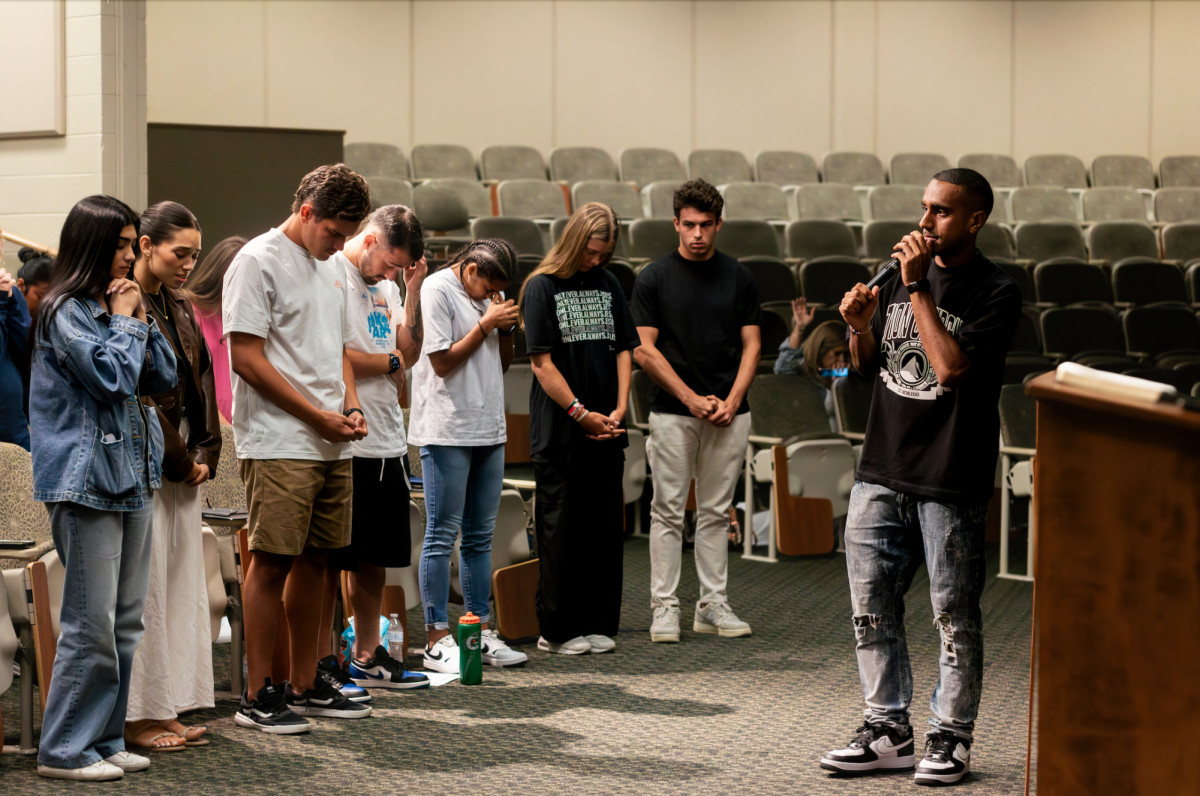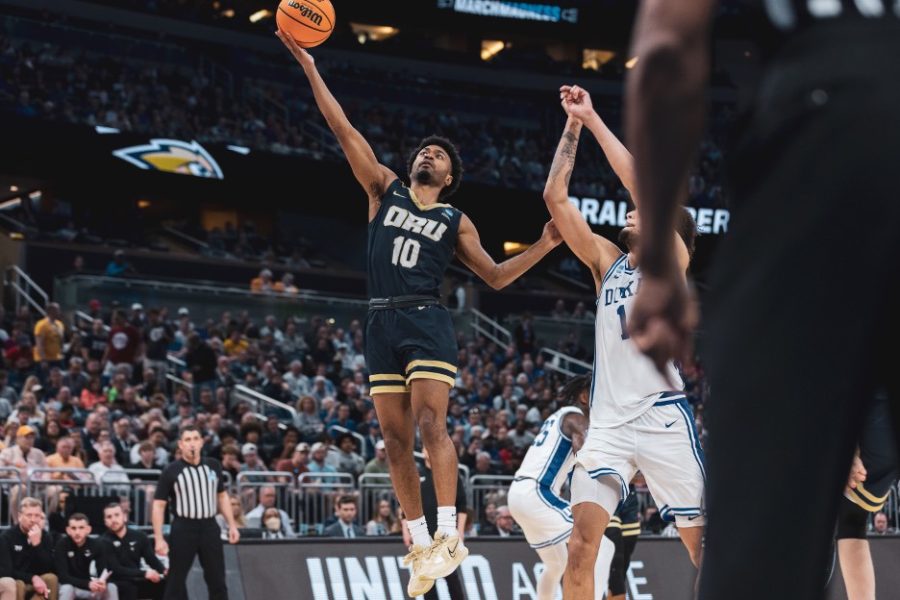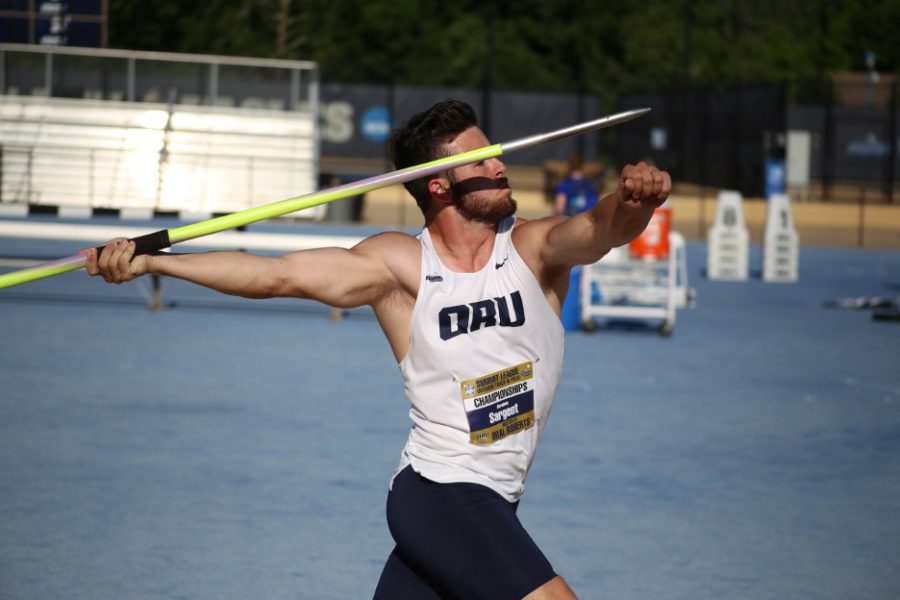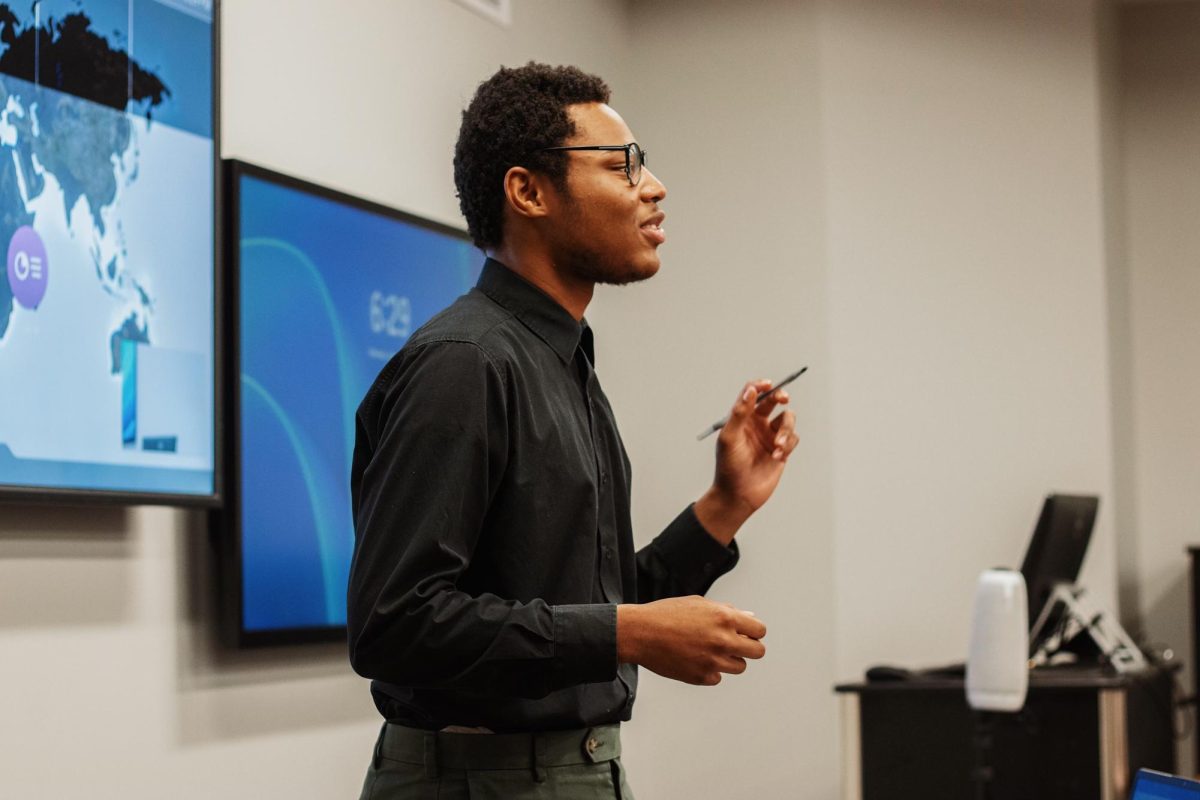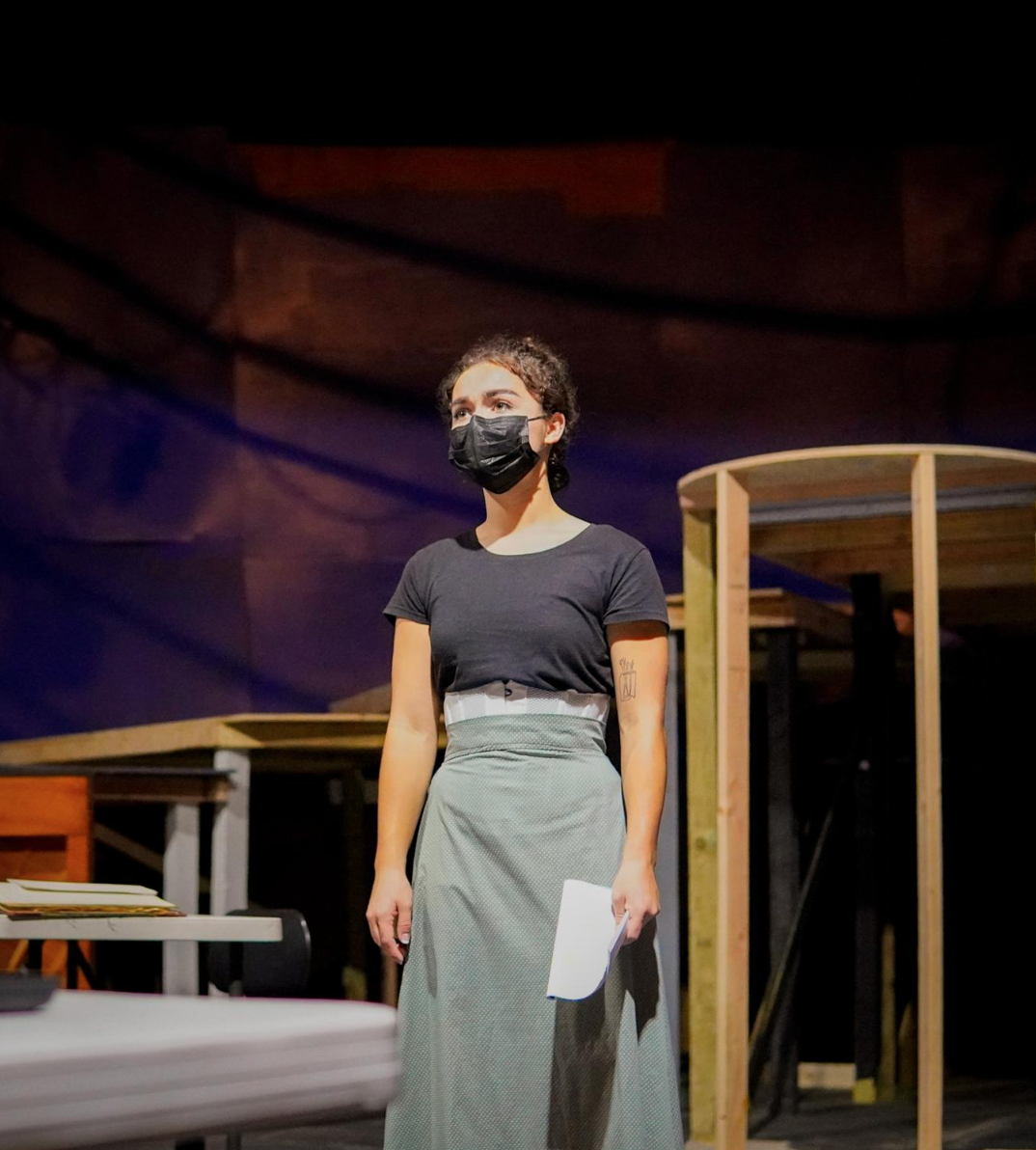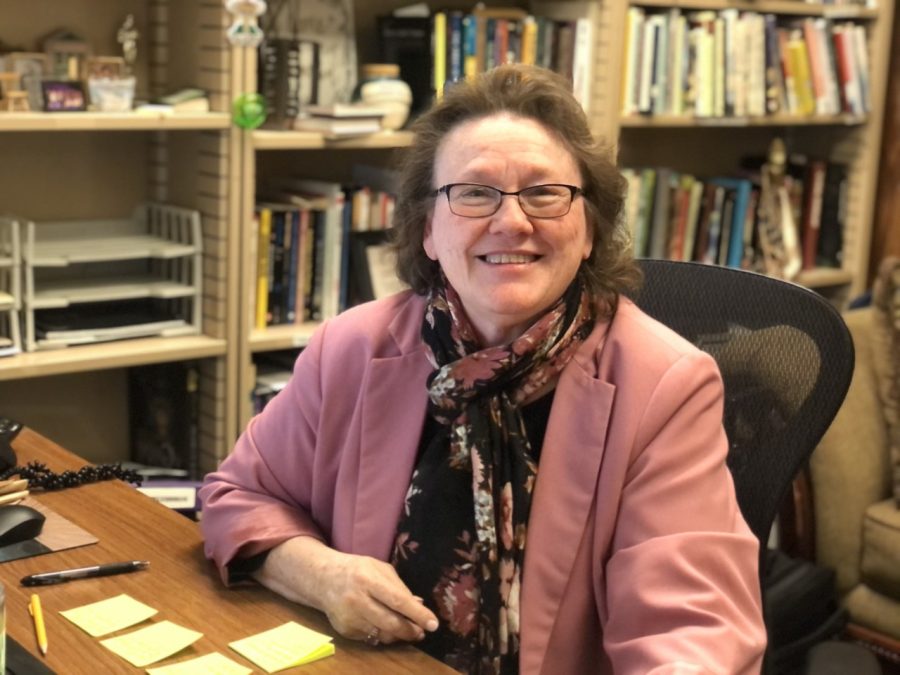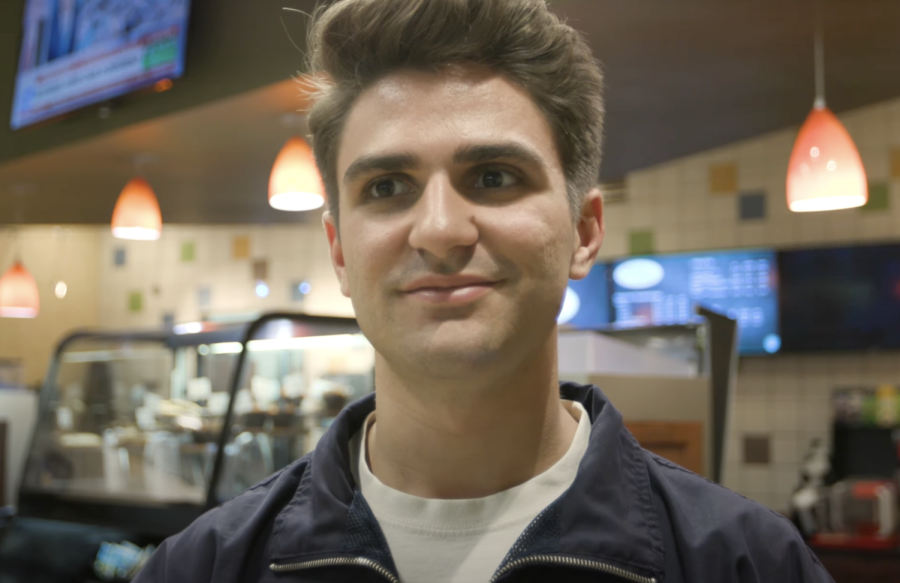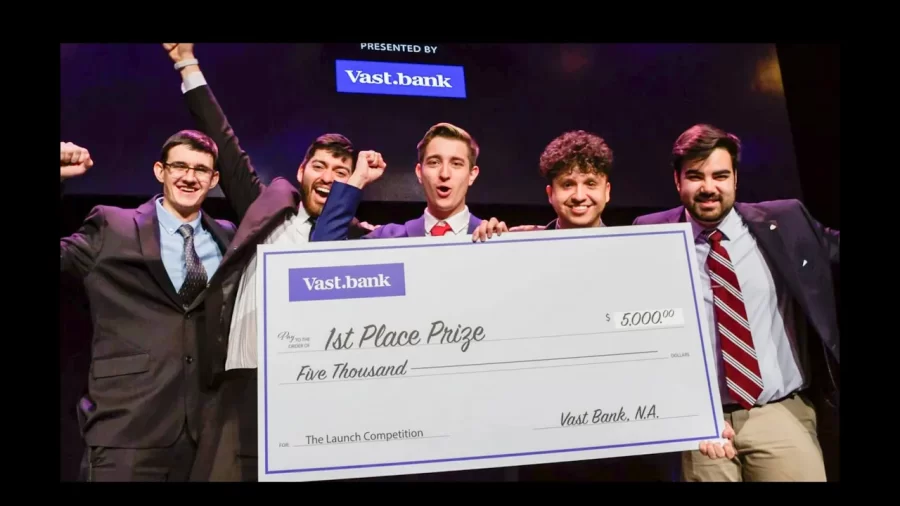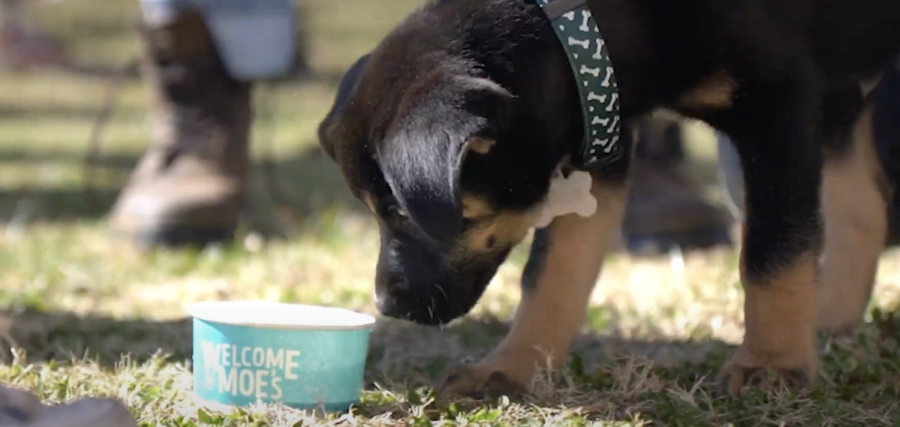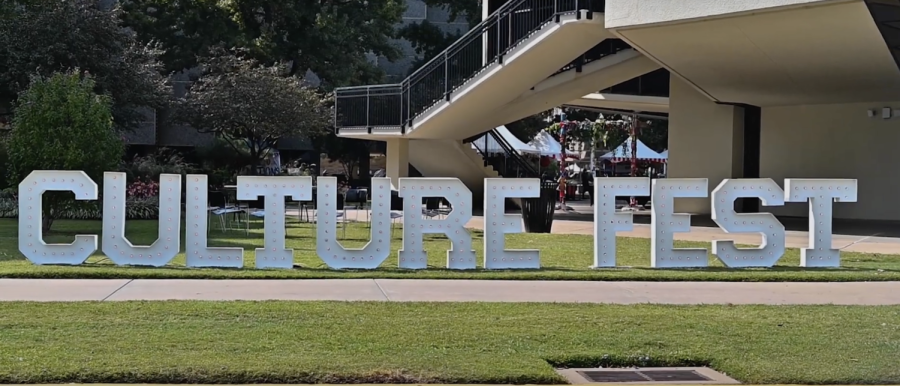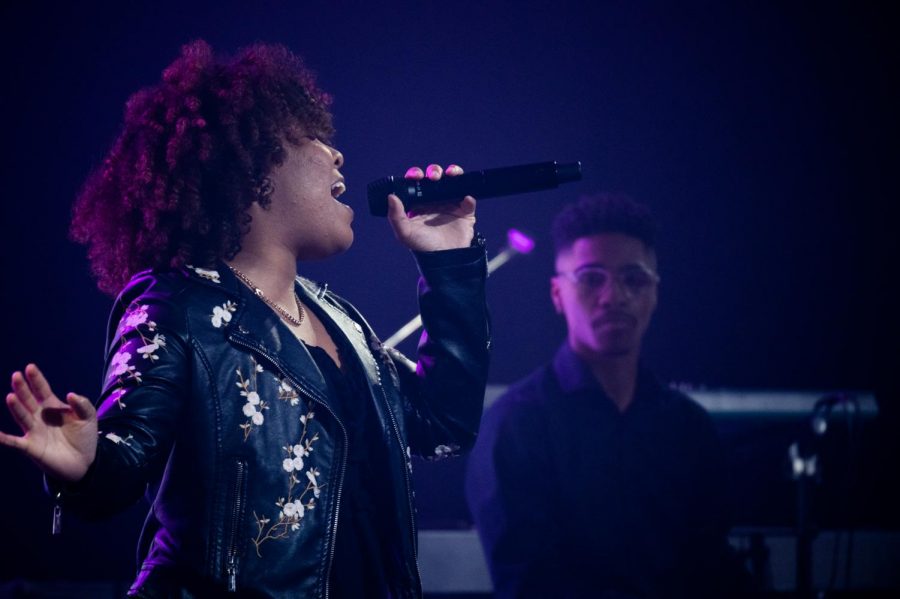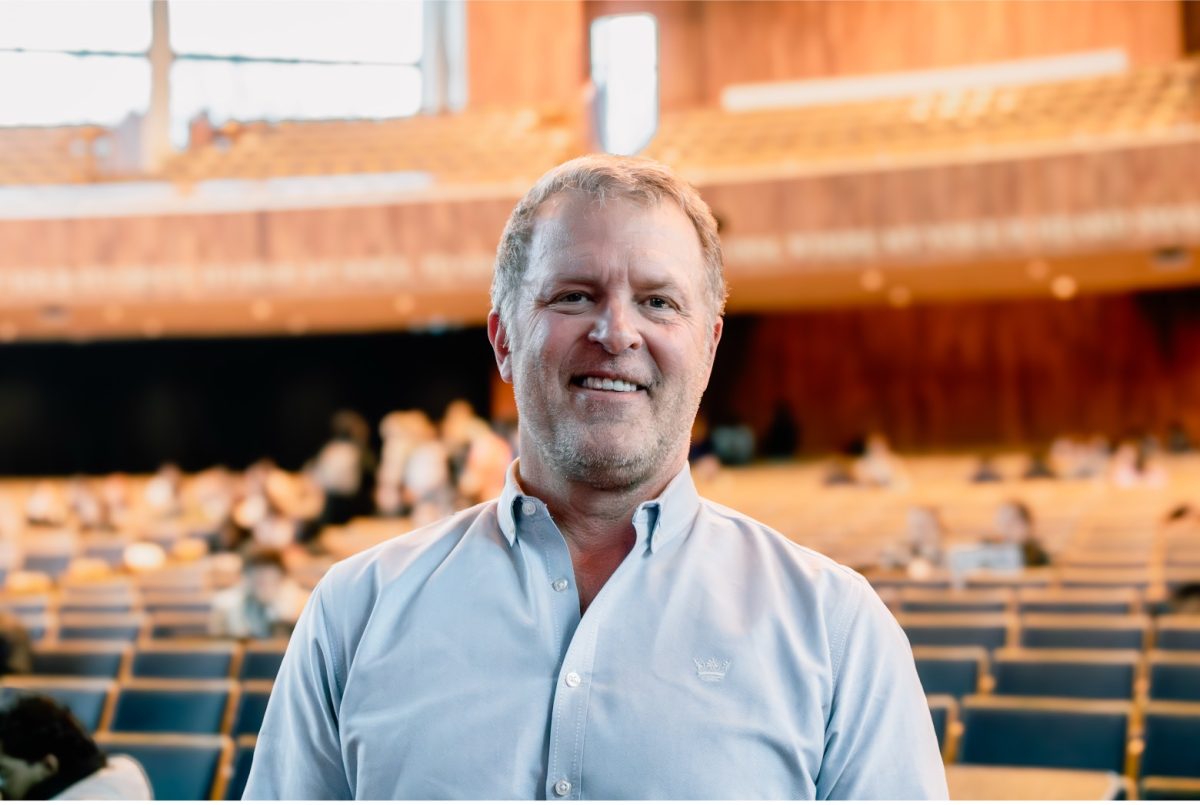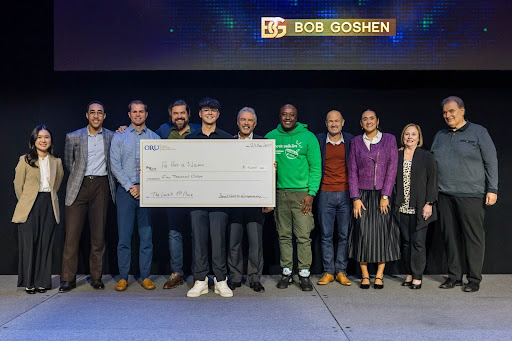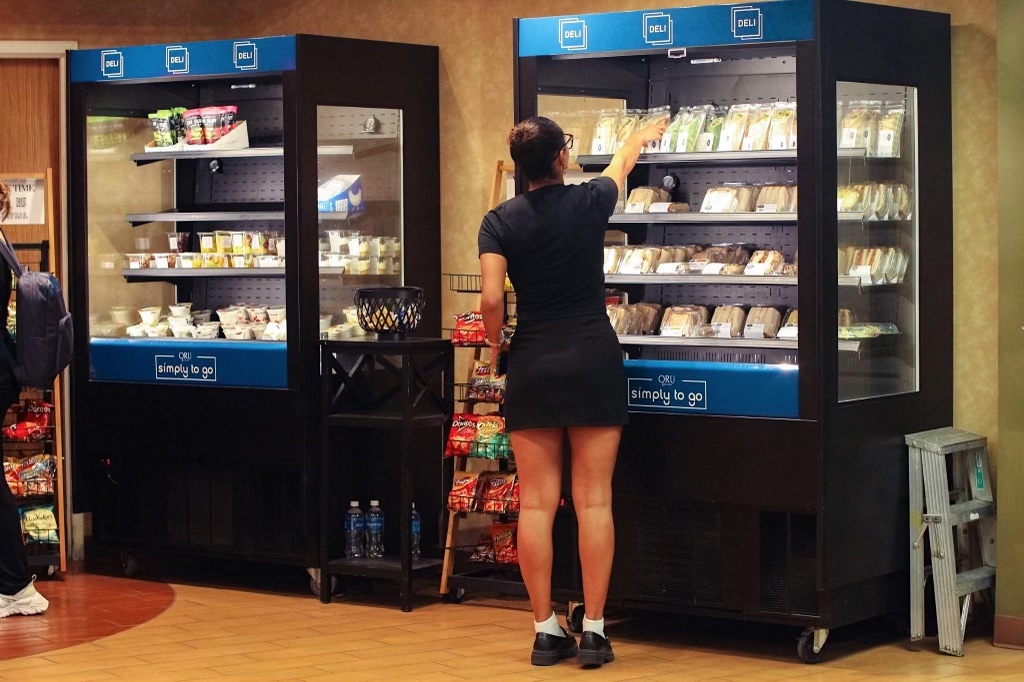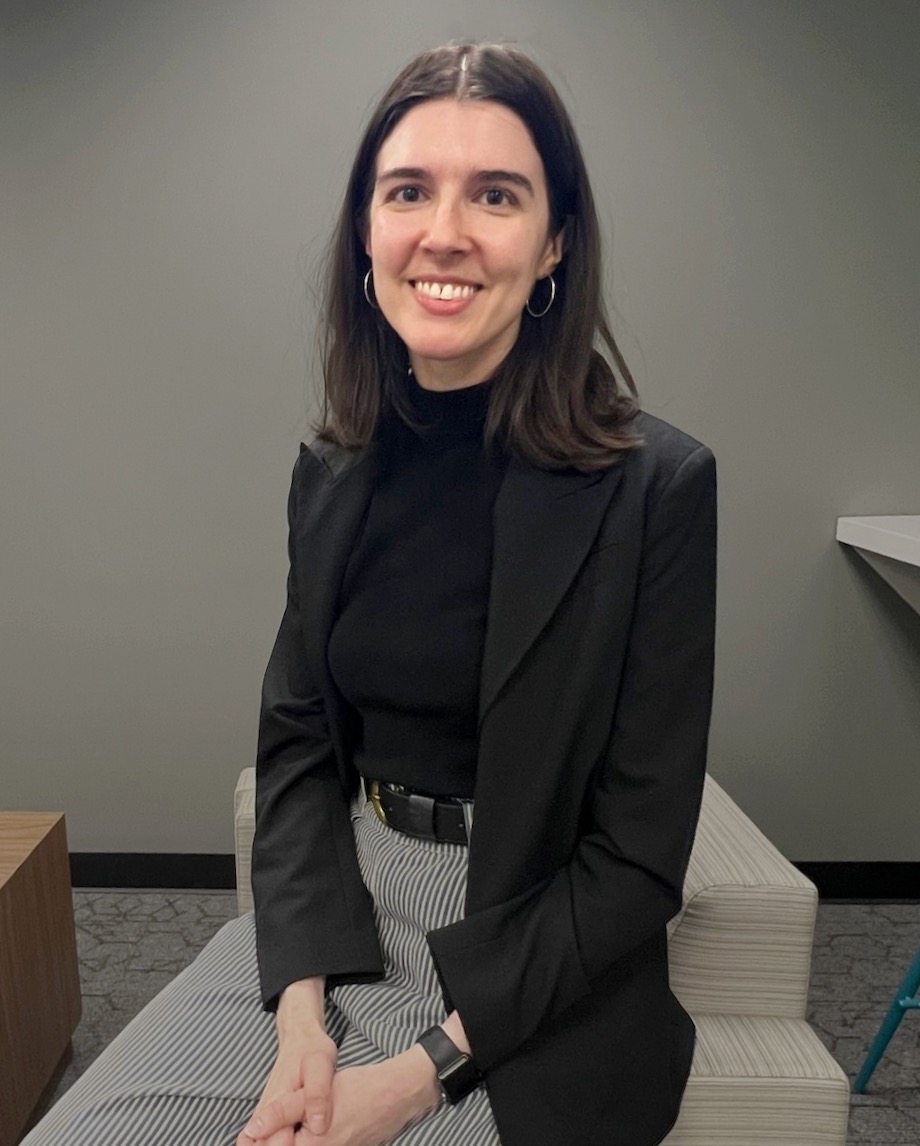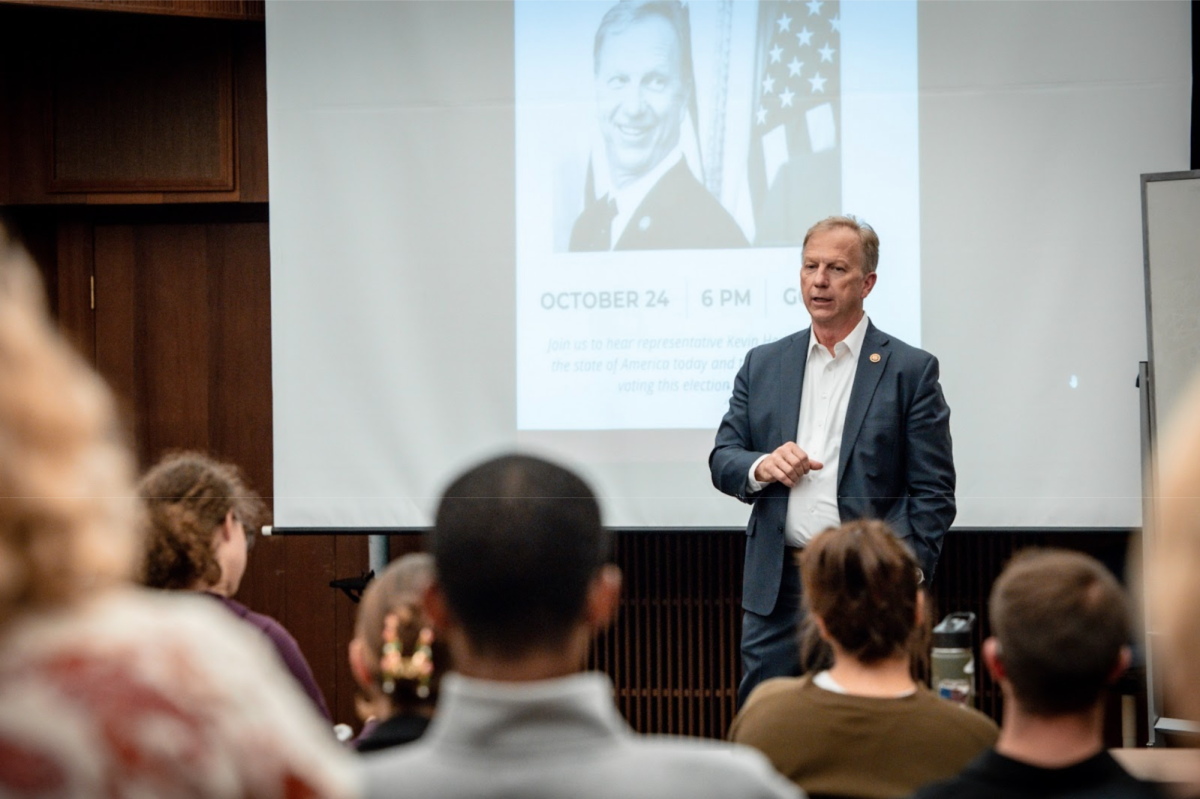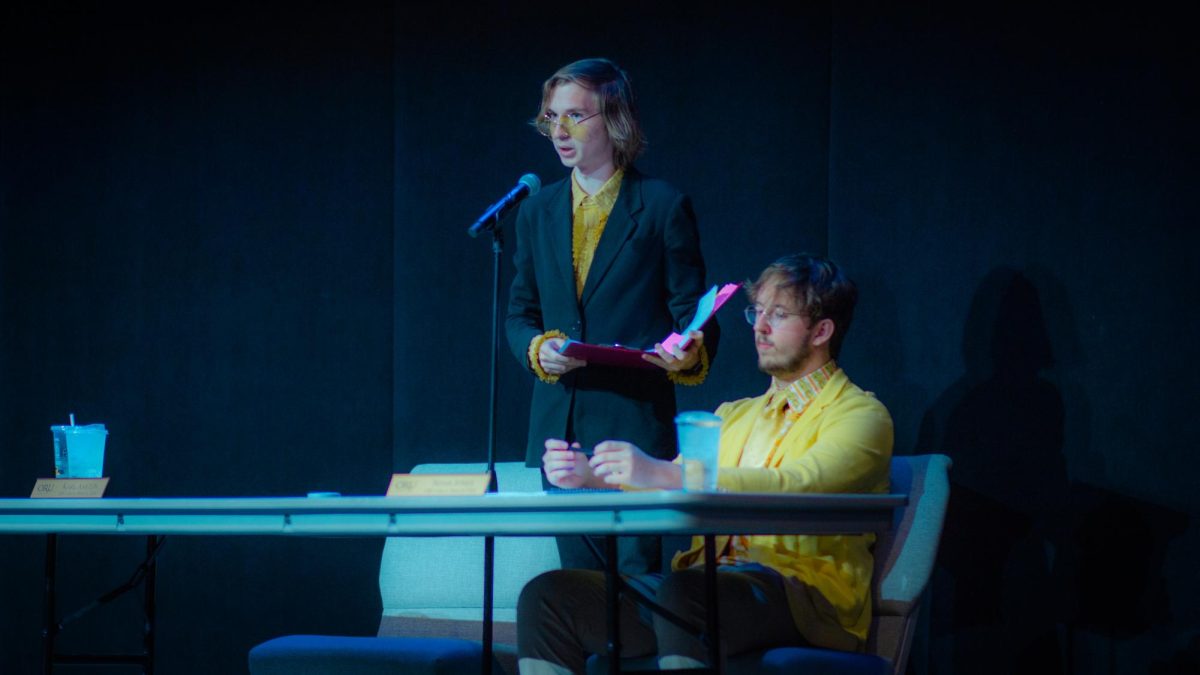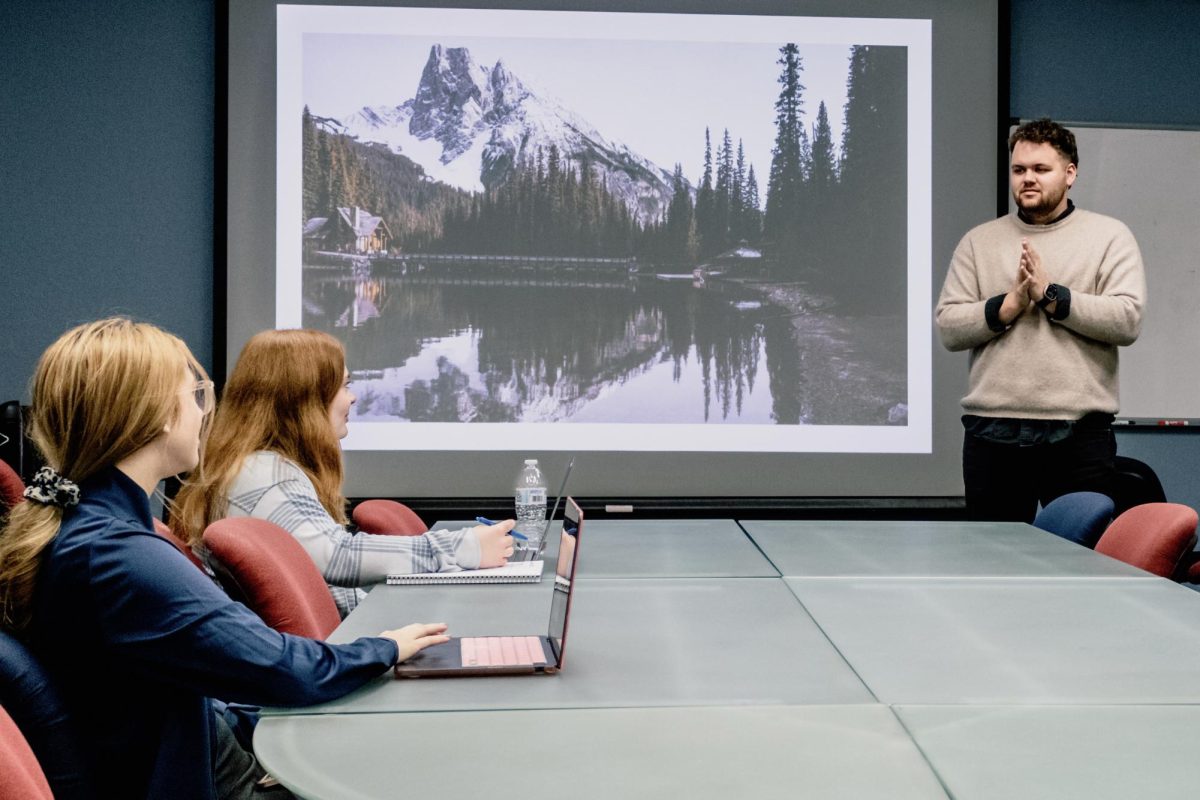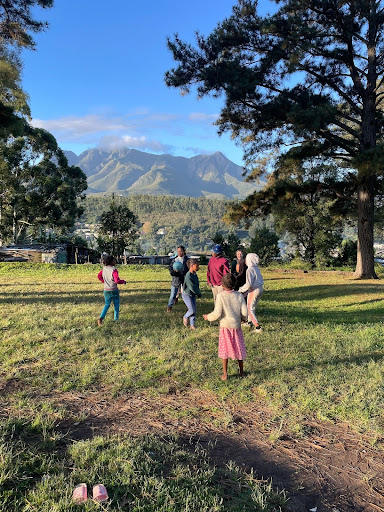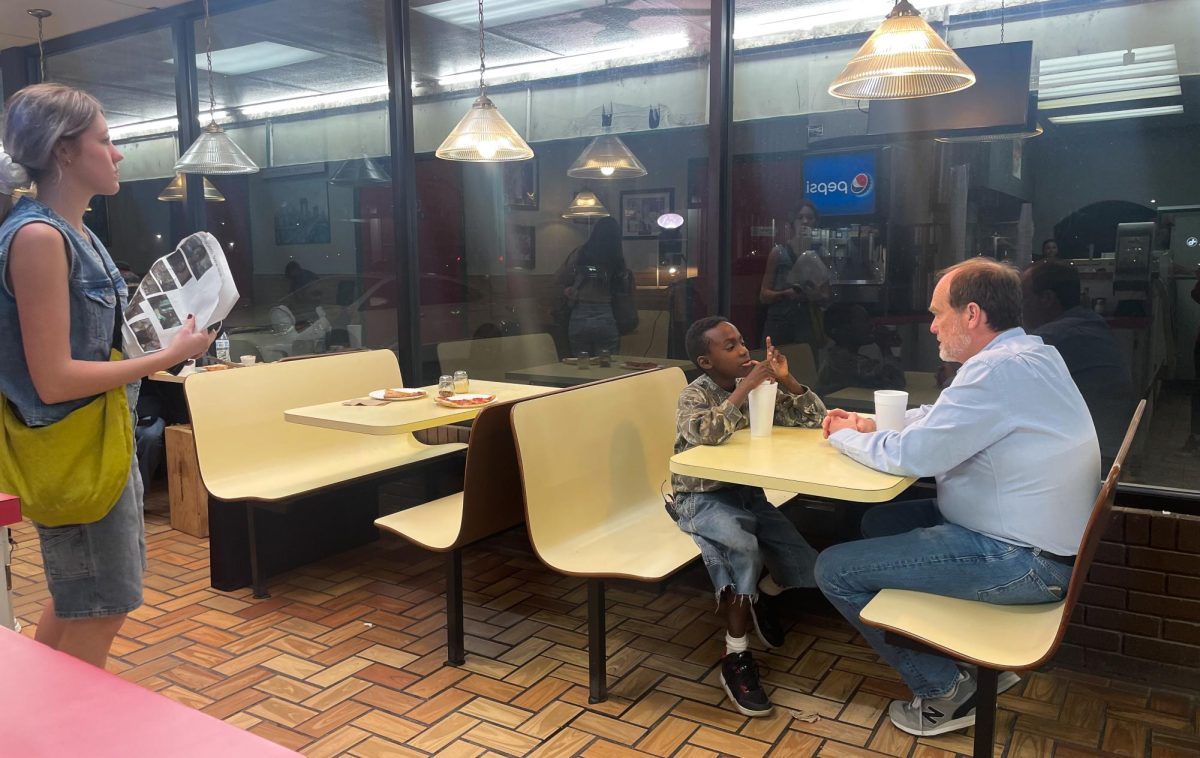Kory Barnett was a teenager when he first felt the call to coach.
He wasn’t chasing highlights or dreaming of the NBA. What drew him to the sport was the impact of coaching — how leaders shaped lives beyond the court.
As the son of a coach, Barnett had spent his childhood tagging along to gyms, watching leadership in action.
He didn’t just see plays. He saw purpose.
“I knew early on I was meant to coach,” Barnett said. “Not just to win games, but to build something that lasts.”
That purpose has stayed with him ever since, and now it’s at the heart of his vision for Oral Roberts University.
Once called a “rising star” by Hall of Fame coaches John Calipari and Bill Self, Barnett brings a decade of Division I experience into a program with its own rising trajectory.
After years of national attention and historic postseason success, ORU has turned to Barnett to help restore its momentum as head coach of the men’s basketball team. Barnett will bring vision, discipline and mission-driven leadership to the program, said ORU Director of Athletics Tim Johnson.
Barnett played at Indiana University under Tom Crean, helping the Hoosiers reach the Sweet 16 in 2012.
After graduating with a degree in sports communication, he jumped straight into coaching — first as a graduate assistant at Indiana, then as a key staff member under Steve Alford at UCLA and later at Nevada.
Alford, a former NBA player and longtime Division I head coach, leaned heavily on Barnett for player development and game preparation.
By the time Barnett joined the Nevada staff as an assistant coach, he was running the defense — helping the Wolf Pack reach back-to-back NCAA Tournaments and finish top 50 nationally in defensive efficiency.
“He’s been preparing for this for a long time,” said Tim Johnson, ORU’s athletic director. “And you can tell. He knows how to recruit, how to develop guys and how to lead.”
ORU is coming off two down seasons, including a 7–23 overall record and a last-place finish in the Summit League. Just two years earlier, the Golden Eagles had gone undefeated in conference play and returned to the NCAA Tournament.
Barnett doesn’t shy away from the challenge.
“This isn’t just a job,” he said. “It’s a calling. My family and I feel led to be here — and we believe this is a place where we can build something special.”
He has already begun assembling his staff and recruiting. His approach emphasizes pace on offense and toughness on defense, drawing from his experience building elite units in the Mountain West.
“We’ll play fast,” he said. “But it’s about more than pace — it’s about how we compete, how we defend, how we work together. That’s what will define us.”
In 2021, the Golden Eagles became just the second No. 15 seed in NCAA history to reach the Sweet 16, knocking off No. 2 Ohio State and No. 7 Florida.
Two years later, ORU went 18–0 in Summit League play and returned to March Madness, solidifying its place as one of the most competitive mid-majors in the country.
Head coaches from major programs took notice. Kelvin Sampson of Houston and Scott Drew of Baylor — both Final Four veterans and national champions — publicly praised the Golden Eagles for their culture and toughness.
National outlets echoed those sentiments, pointing to ORU’s sustained success, identity and ability to develop talent.
Barnett pointed at defense as one of his first priorities. ORU allowed nearly 79 points per game last season, ranking No. 332 out of 351 Division I teams.
“It starts with daily habits,” he said. “We’ll be physical. We’ll be connected. We’ll take pride in how we defend.”
Recruiting has also begun — not just for talent, but for character, Barnett said.
Barnett wants players who reflect ORU’s mission, and who see their college careers as more than just a stepping stone.
“This is a place where basketball and faith can go hand in hand,” he said. “We’re going to build a program that reflects that — on and off the court.”
Johnson described ORU’s facilities as “the best in the conference” and said the school is “uniquely positioned to thrive” with its budget, national exposure, and investment in its name, image and likeness program.
“We’re going to make this place great,” Barnett said.
